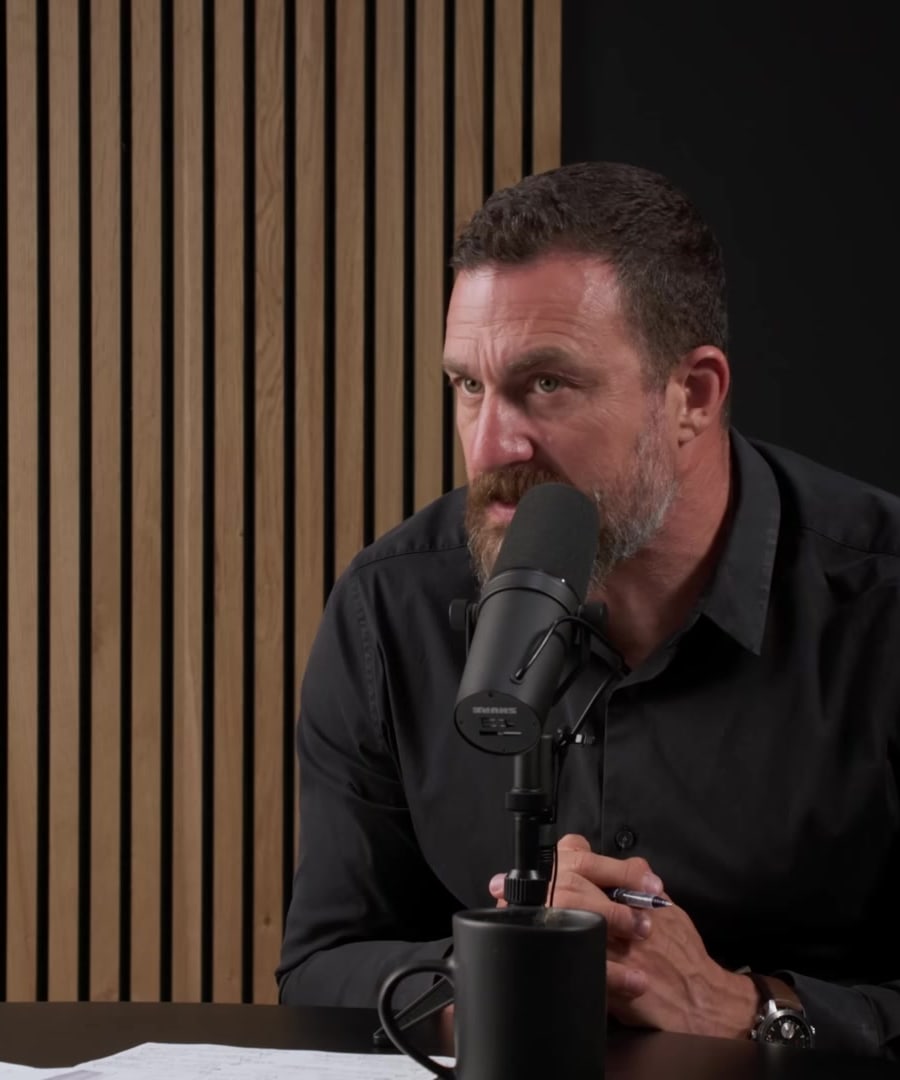How I can talk with my partner? I have a lot of thoughts and I don't know which ones are true to me? I think they are intrusive. I'm thinking a lot of not loving my partner, ruminating and this thoughts bring me a lot of sadness and anxiety. I talked with ker yesterday that I maybe have intrusive thoughts. I cried in her arm. In moment I thought I should feel more grateful for her and I wasn't. I think I should never hurt her, but my future thinking is telling me that I'm not 100% sure, my father wasn't good example and I don't want to copy his moves. I want home full of love, feel ok and treat her like she really deserve. Thoughts that telling me I'm not 100% sure are making me anxious about my feelings for her. Why I'm thinking about not loving? Why when she is so nice and I've had beautiful moments with her. Cooking together, walking around together, new places.

